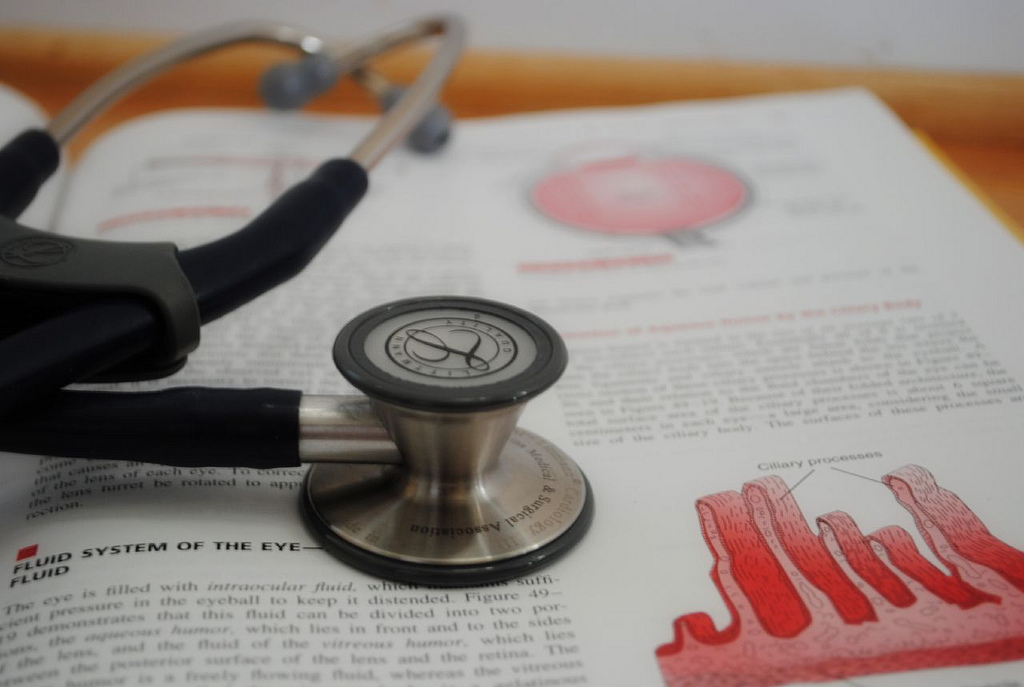Physician Assistants on the Forefront of Antibiotic Stewardship
/Image Credit: jumpfliphop
You examine a patient and it's apparent that their sore throat is not stemming from a bacterial infection. You advise them to do salt water gargles and soothing center lozenges. No bacteria means no antibiotics right?
Over-prescribing antibiotics has become a widely recognized problem in the medical management of patients. In the May 2016 issue of The Journal of the American Medical Association (JAMA), a study highlights the improper use of antibiotics among ambulatory care visits revealing that antibiotics have been frequently prescribed unnecessarily. (Fun Fact: Guillermo V. Sanchez is a board certified Physician Assistant who co-authored this study.)
Many times patients equate feeling ill with having to take antibiotics. Alas, providers succumb to patient requests and on occasion write for inessential medications. Other times, the reason behind these prescriptions is a fear of bacterial growth (even if not yet the case). It is this vicious cycle that has aided in the birth of superbugs that plague both patients and providers.
The plight of drug resistance stemming from over-prescribing antibiotics has become such a large problem, healthcare providers alone are not the only ones expected to be patient educators. The CDC has made strides bringing forth the realization that antibiotics do not cure everything and are not always the answer. The CDC has also initiated, "Get Smart Week" to raise awareness in the healthcare industry as well as the general public. The CDC’s mission is to increase understanding regarding antibiotic resistance and the negative impact of wrongful antibiotic use and prescribing.
The initiatives being undertaken are imperative for the future of medicine. Even though we are in control of the prescription pad, better public education will mean that common infections won’t be synonymous with antibiotics.












